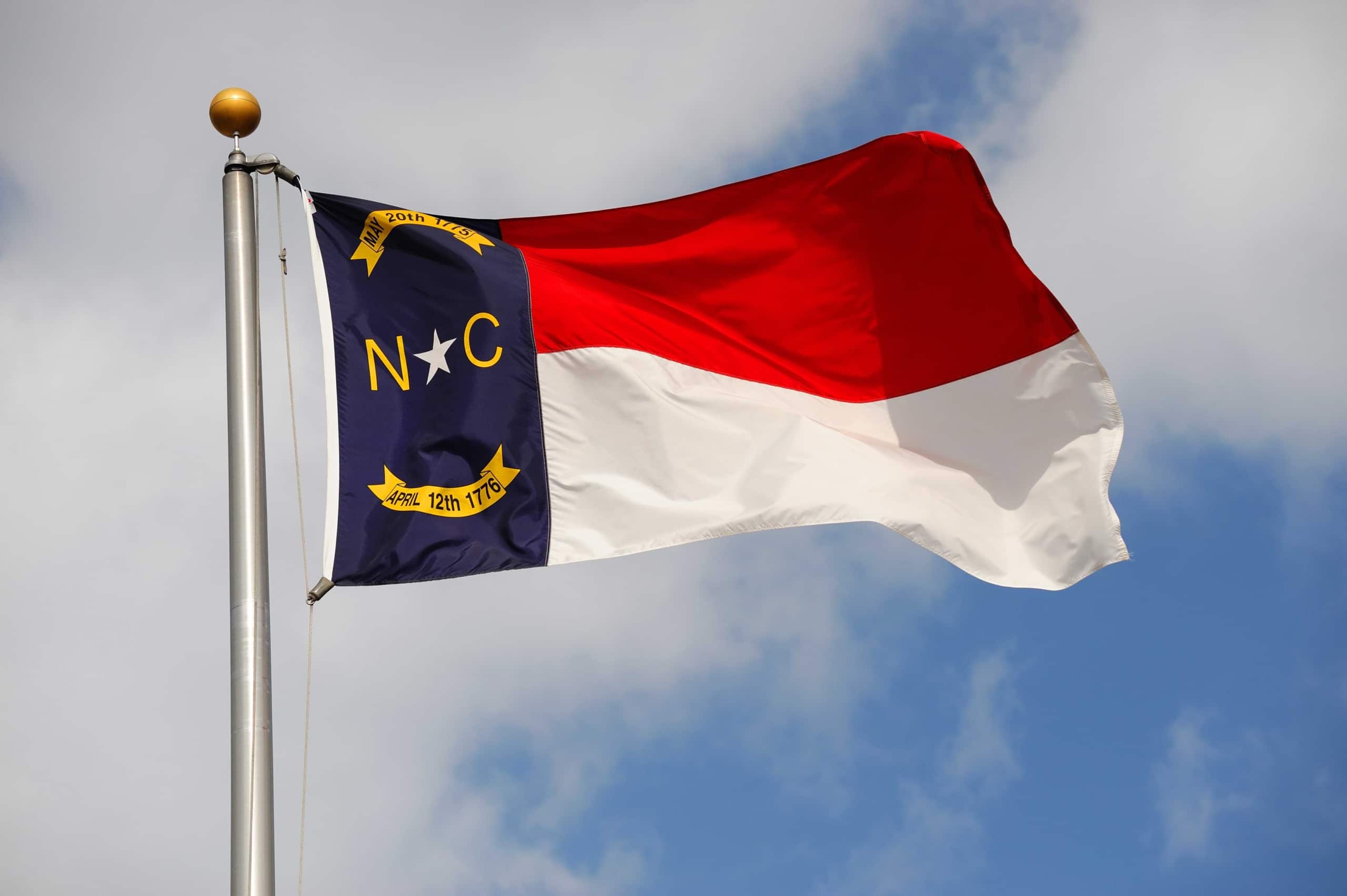The U.S. Department of Commerce National Telecommunications and Information Administration (NTIA) recently awarded Johnson C. Smith University $5.7 million for campus technology upgrades and broadband 5G deployment. This is the largest government grant the University has received.
“Applying for and receiving this grant titled, ‘The Charlotte Inclusive Tech-Innovation Pilot Program’ has been a labor of love,” Dr. Diane Bowles, vice president for Government Sponsored Programs and Research at JCSU, said. “This project is important because broadband 5G deployment will help build a bridge between JCSU and our community.”
“This is an exciting time for Johnson C. Smith University,” John Norris, JCSU’s chief information officer said. “Earning this competitive grant allows the JCSU community to take advantage of 5G internet. As campus and community needs evolve, including the proliferation of mobile devices, it is exciting to create a network with high availability, recoverability, scalability and manageability.”
Norris said the funds will be used to upgrade aged access layer and core layer switches and will allow JCSU to update digital capabilities to improve classroom instruction and meet the needs of students, faculty, staff, and community members.
The upgrade from 3G to 5G internet will allow simultaneous connections to the internet without suffering from congestion, video buffering, random disconnects and other bandwidth-related hiccups. Improvements to the campus’ technology and broadband address Goal 4 of the Gold(en) Blueprint, JCSU’s five-year strategic plan.
JCSU’s GSPAR team, in tandem with JCSU’s IT department, submitted their grant proposal in early December 2021 through NTIA’s Connecting Minority Communities Pilot Program. JCSU, along with 21 other HBCUs, received a total of $69.2 million of the more than $250 million total grant investment.
Initial discussions about digital development and economic growth at HBCUs began at the Carolinas Alliance for Success in Education (CASE) Summit in 2018 that was hosted by JCSU. In 2019, the summit launched a Minority Broadband Initiative that would leverage partnerships with HBCUs and Minority Serving Institutions (MSIs) to bridge the digital divide on their campuses and in their surrounding communities.
JCSU Board Chairman Steven L. Boyd ’79, gave remarks at the summit where he expressed his passion for bridging the digital gap facing communities of color.
“A grant of this size is reflective of the tailwinds we are experiencing as we continue our transformation journey,” Boyd said. “We live in a digital world where access to information and connection to resources is driven, in large part, by access to technology. Not only is it imperative that we provide stable, high-speed internet access for our students, staff and faculty but we have a commitment to the surrounding community. This grant will provide the resources necessary to build the infrastructure required to connect the community to the economic, health and personal opportunities available in this great city.”
According to Pew Research Center, four-in-ten adults with lower incomes do not have home broadband services or a desktop or laptop computer. Charlotte has identified the Historic West End as a corridor that has experienced a lack of investment and rising costs of living. With these technological updates, more residents of the Historic West End will be connected to internet resources, which can aid in job searches, telehealth opportunities and more for the residents who need these resources the most.



